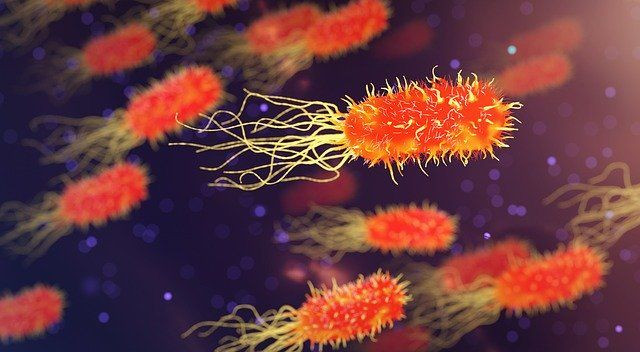Studies Reveal How Bacteria In Space Become More Lethal
KEY POINTS
- Studies investigated the effects of space on bacteria and showed they become more lethal when exposed to microgravity conditions
- Microgravity causes bacteria to become drug-resistant
- Doctoral candidate Vikrant Minhas said experiencing bacterial infections during long-term space missions has the potential to be "catastrophic"
Studies conducted during spaceflight missions revealed that bacteria tend to become more lethal in space. The findings of the studies indicate that microgravity conditions make the bacteria more resistant to antibiotics.
For his article on The Conversation, doctoral candidate Vikrant Minhas of the University of Adelaide cited a couple of experiments conducted on space-based facilities such as the International Space Station. The findings of the experiments were detailed in studies published in Springer Link and Nature.
Despite the quarantine protocols and other safety measures that astronauts and equipment are subjected to, bacteria from Earth still end up reaching space during missions. Just like humans, bacteria also go through certain biological changes due to the conditions in space.
According to the studies, when exposed to space’s microgravity conditions, the lethal effects of bacteria increase. Experiments revealed that they tend to become more resistant to antibiotics in space.
Although the authors of the study noted that follow-up investigations should be conducted in order to get an in-depth look at how space affects bacteria, they theorized that the effects could simply be caused by the lack of gravity.
On Earth, organic life evolved to adapt to the constant effects of gravity. However, upon reaching space, organisms are suddenly exposed to the various effects of microgravity.
“In space, where there is minimal gravity, sedimentation (when solids in a liquid settle to the bottom), convection (the transfer of heat energy) and buoyancy (the force that makes certain objects float) are minimized,” Minhas explained.
Minhas noted that the lack of gravity could trigger biological changes within an organism, such as how it absorbs nutrients. In the case of bacteria, the effects of microgravity, such as sedimentation and buoyancy, change how these organisms are affected by the drugs or antibiotics that were designed to destroy them. This causes the bacteria to become more resistant to antibiotics.
According to Minhas, these findings indicate the dangers of a bacterial infection in space.
“All of this has serious implications, especially when it comes to long-haul space flights where gravity would not be present,” he stated. “Experiencing a bacterial infection that cannot be treated in these circumstances would be catastrophic.”

© Copyright IBTimes 2024. All rights reserved.





















